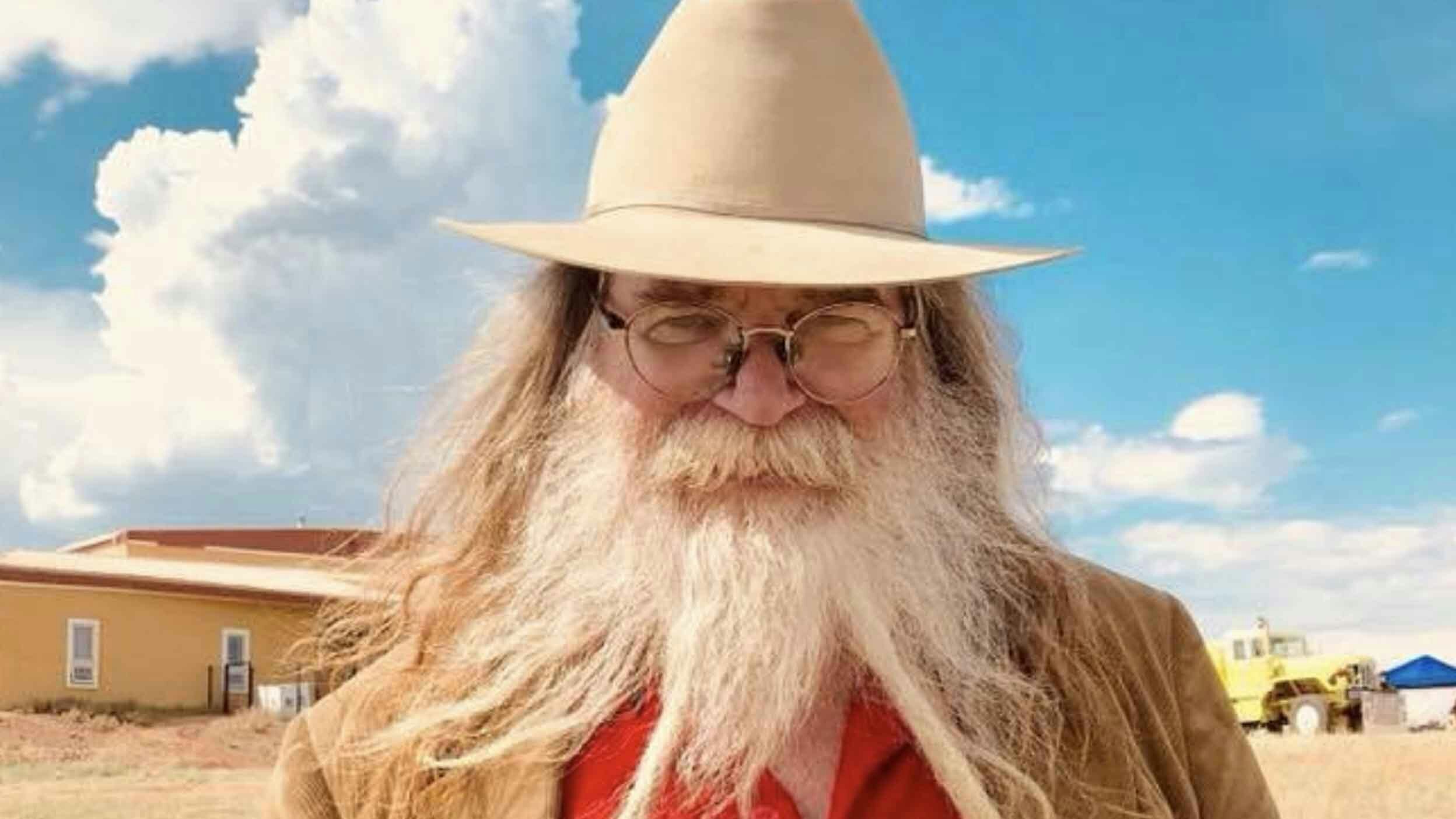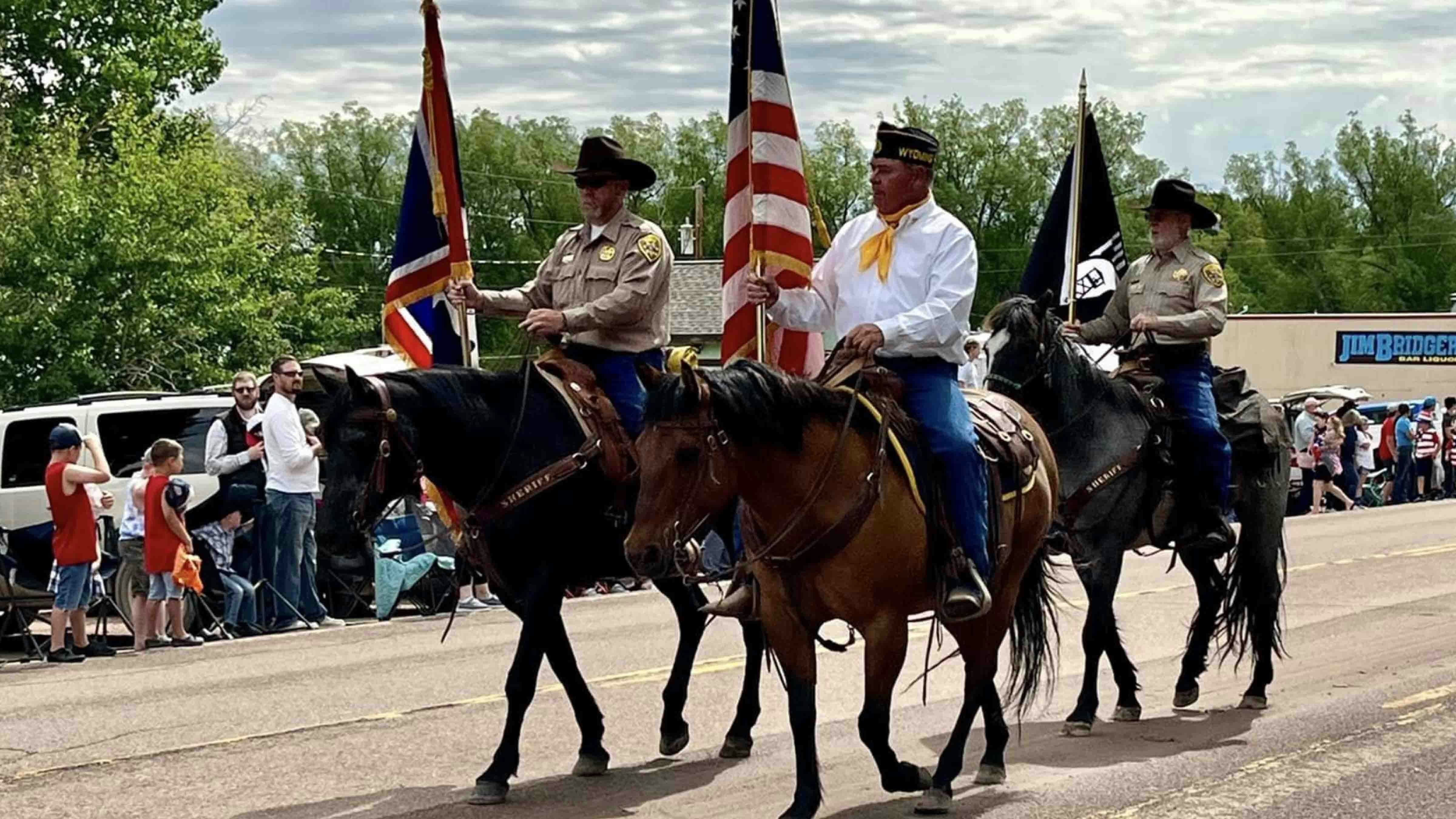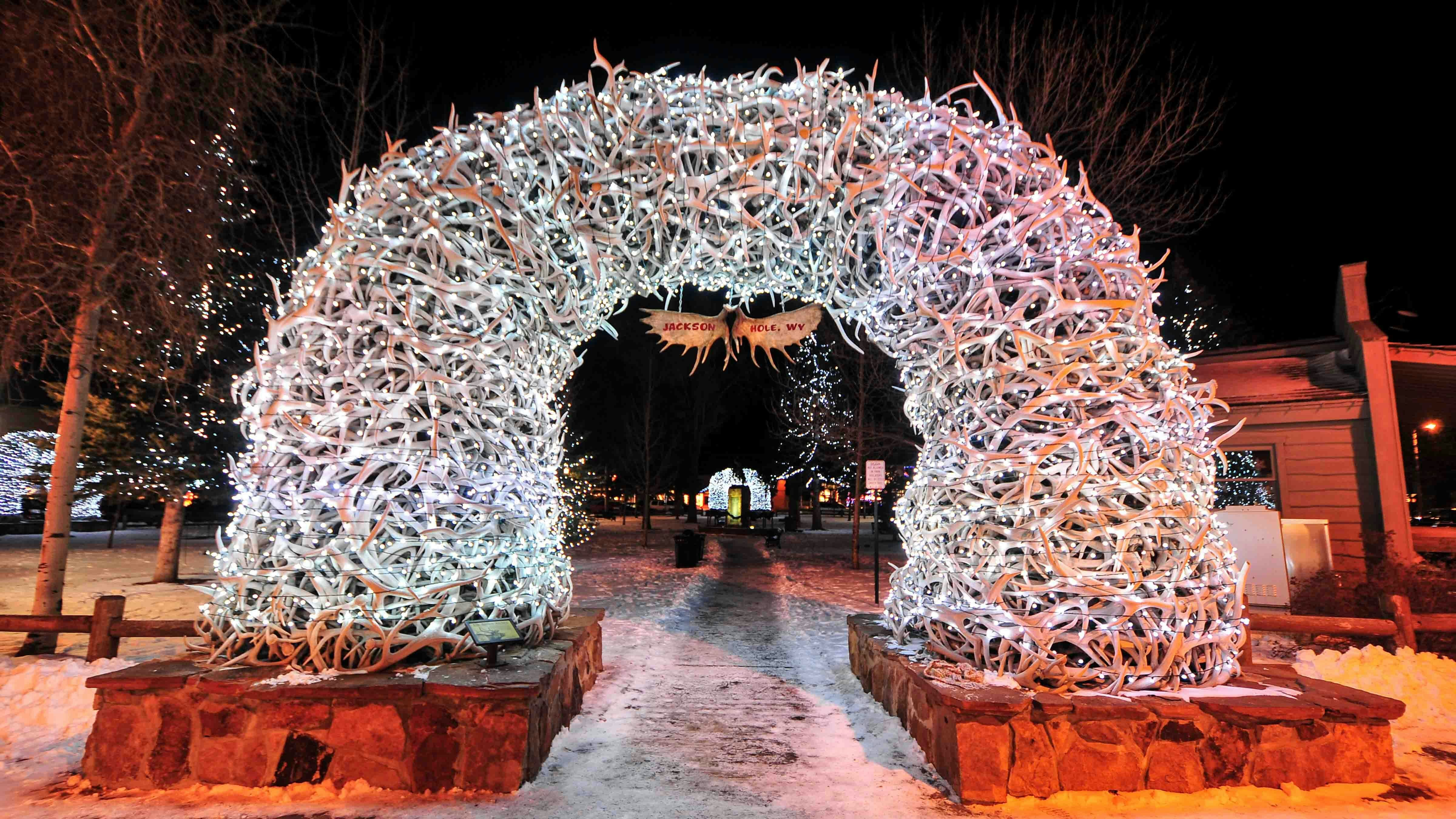Dear editor:
I usually don’t often find myself in disagreement with Rod Miller, but I think he was only half right in his August 26 Op-Ed about the Peevish Populace. He’s right, the populace seems to be “pissed.” However, for the most part, he is wrong to think the populace is pissed because they want change.
The populace doesn’t want to change the carbon based economy that has served Wyoming well in the 20th century and the early part of the 21st century.
Unfortunately, Wyoming is going to need to diversify its economy towards something other than the over-reliance we currently have on coal, oil and gas. Like it or not, the times are changing.
Both Arch Resources and Peabody Energy have recently reported lower than expected sales as well as operating losses, with no turnaround in sight.
Rather than getting our knickers twisted because Gov. Gordon gives a speech on a zero carbon future, it would be more productive to put our thinking caps on and try to figure out what a successful 21st century economy might look like in Wyoming.
Rather than having a hissy fit because the Biden administration decides there won’t be any new coal leases, ask yourself, if you were to win the lottery and if the federal government were to begin leasing coal again, would you invest your lottery winnings in coal leases? I doubt it.
Similarly, the populace doesn’t want to change what has historically been a very, very favorable tax structure whereby the individual person in Wyoming pays less than 30% of the cost of government.
The populace doesn’t want the current tax structure to change, except to lower property taxes, but unfortunately that gravy train is about to come to an end. Now isn’t too soon to begin talking about what a 21st century tax structure might look like for Wyoming, but the Freedom caucus won’t have any of it.
The Freedom Caucus continues to howl at the moon over government spending but as far as I can tell, has completely failed to identify and support any specific changes in spending.
They take the easy way out and take a meat axe approach to spending where muscle is cut as well as some fat.
For example, failing to fund school maintenance is an example of shortsighted muscle cutting. Like it or not, buildings need to be maintained, and failing to maintain them today will just make repairs more costly in the future.
So, what are some ideas where the expense of government can be cut? I’m not naïve enough to think either raising taxes or cutting government spending will be easy.
Consolidate school districts. Twenty-three counties in Wyoming don’t need over 40 school districts, and Sheridan doesn’t need three superintendents.
Consolidate city/county government. When one looks around the country, two of the largest and most successful cities in the country, Indianapolis, Indiana and Nashville, Tennessee, don’t have separate city and county governments and seem to do quite well. In addition to financial efficiencies, you also avoid the waste that comes from city/county bickering.
The 100 million plus the state gives cities and counties could be eliminated and instead cities and counties could be given broader authority to levy taxes at the local level, If local citizens saw a need for more government spending, they could vote to levy the appropriate taxes in their community.
This might cause voters at the local level to take a more critical eye to spending.
Currently, here in Sheridan, the City is about to start a renovation of our outdoor Kendrick Pool to the tune of over 5 million dollars, because of the nostalgia some people feel for the pool. Keep in mind, the Sheridan YMCA recently completed a 15 million dollar upgrade of its pools.
The City and County fund an organization called Second Chance Cat Rescue to the tune of $45,000 per year, in spite of the fact we already have a well funded Dog and Cat Shelter.
Thirty years ago, when I was on the local School Board, the state only paid a portion of the cost of school transportation, but in the early 2000’s, when the state was flush with cash, it was increased to 100%.
I don’t think one needs to have an MBA to figure out there is spending in the transportation area of education that could be reduced.
How about cutting state spending on transportation back by 10% per year for ten years and at the same time give local school boards the ability to levy however many mills might be needed to pay for the transportation local taxpayers really wanted?
I realize this is only a start, but it is at least more of a start than I’ve heard coming out of the Freedom Caucus.
The one area where the populace might want change is to drag Wyoming further right on a broad range of social issues.
Going back to the need to create a 21st century economy for Wyoming, one of the cornerstones of a 21st century economy for Wyoming will be the ability to attract young people for our workforce.
Only attracting tax refugees from states like California, who, for the most part, contribute fairly little to our communities after they move here, isn’t going to cut it.
One thing that has always fascinated me is why some economies thrive and others don’t.
Several years ago, I attended a dinner where Andrew Young, the former Mayor of Atlanta was the speaker. I asked him why Atlanta seemed to have been so successful in developing its economy as opposed to cities such as Birmingham, Alabama, which within my lifetime was a larger city than Atlanta.
Mayor Young said one of the reasons was one of the CEOs of Coca Cola, which is headquartered in Atlanta, had spent time in South Africa before becoming CEO of Coca Cola.
During his time in South Africa, he witnessed first and how bad for business segregation was.
s a result, when he returned to Atlanta and became CEO, he helped lead the business community to reduce the conflicts with minorities that were typical of Bull Connor’s Birmingham.
Atlanta grew, and Birmingham has stagnated for half a century or so. If Wyoming wants to emulate Bull Connor, don’t be surprised if we can’t attract a 21st century workforce.
Now that I’ve gotten all of this off my chest, I feel a lot better.:)
Sincerely,
Kim Love
Sheridan





